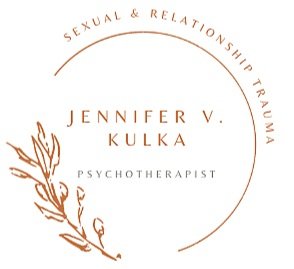The Drama of Coping Skills
I kind of have a love/hate relationship with coping skills.
I believe coping skills have a time and a place and are way too inflated. Coping skills are often seen as a quick solution, when actually they are more like putting a band-aid on a wound—-its not actually helping the wound to heal, it's just attempting to stop the bleeding. Coping skills address the symptoms of something, not the actual thing itself.
In my clinical opinion, coping skills are great for assisting with stabilization; getting out of crisis and hopefully out of “survival-mode” for your nervous system for a short period of time. They can also help with basic things like sleep, food, and life tasks. And these things are incredibly important and obviously need to be bolstered in therapy. Coping skills are good for making behavioral changes.
(Unfortunately, a lot of therapy tends to stop there, but that's a whole other thing.)
When a client and I begin work together, and a priority for them is some type of symptom reduction (like they want to feel less on-edge, have less crying spells) then we will definitely discuss coping skills before going into deeper work.
This is how I usually talk about coping skills with my clients.
I break down coping skills into three categories:
Preventive
Daily
Crisis
The Prevention skills are from the DBT “PLEASE” skill, and aim to keep us on a strong foundation to reduce the impact that symptoms can have on us. For example, the “S” in PLEASE stands for “sleep”. If we don’t get a quality night of sleep, the next day we are so much more susceptible to waves of strong emotions and other symptoms in general. So the PLEASE skills really just set us up to be as stable as possible when experiencing symptoms.
The Daily skills are kind of self-explanatory; they are skills that we can practice daily to improve our overall state. These can be unique to each person, like meditation, walking their dog, texting a friend, journaling, doing something artsy. Ideally these are things that bring us pleasure and make us feel like ourselves.
The Crisis skills are to be used in moments when we need to be rescued from our thoughts or feelings, also known as grounding skills. Maybe we need to avoid bursting into tears while driving, or need to escape an anxiety spiral while at work. Grounding skills are great to use in these moments. Here is a link to a grounding handout I work through with most of my clients.
You are likely already doing a lot of these, and probably some that aren’t even on the list! I hope this was in some way helpful for you, and gives you an idea of how I work with clients. If this brought up questions for you, please send me a message!
